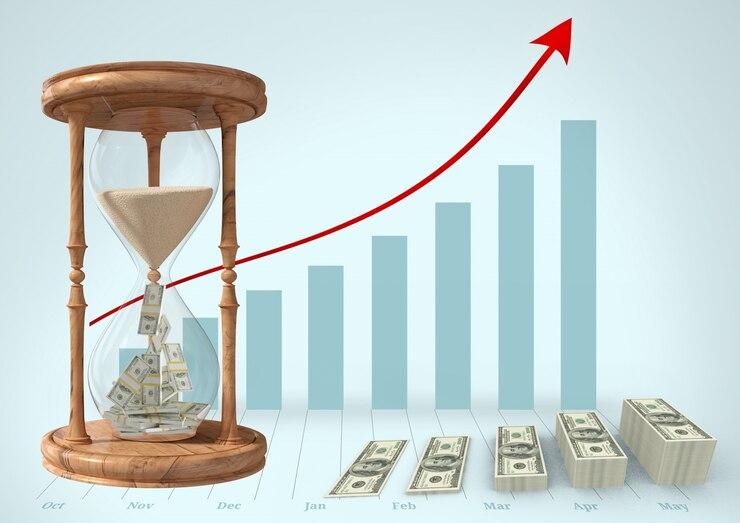The stock CFD market provides you with access to some of the world’s most successful companies, enabling you to purchase shares and own a minute portion of a business. The aim when the stock trading is to correctly react to price movements in the market in an attempt to make gains on your position.
This is possible because the stock market is highly volatile and is easily influenced by a range of external factors. Many of these factors are economic since stock market prices and the health of the world’s economies are closely linked.
Healthier economies denote greater profits for companies since individuals typically have more capital to spend on goods and services.
You can speculate on the value of some of the world’s best-performing stocks by stock trading on Plus500, but before you do so, you’ll need to understand all of the factors that could affect your position.
In this article, we will take a look at some of the key economic indicators that can cause prices to change in the stock market, to help you to best navigate and prepare for increased volatility.
Keep reading to find out more.
1. Inflation/deflation

Inflation is the rate at which a country’s prices are rising. This means that when inflation levels are high, the cost of many goods and services will increase and living costs, in general, will rise. High levels of inflation can have an adverse effect on the stock market because the consumer will have less capital to spend.
Deflation, however, will provide the consumer with greater purchasing power, since the price of goods will fall. Though this could have a positive short-term effect on the stock market, in the long term it can have negative implications, since it is an indicator that the country’s economy has been weakened.
2. Interest rates
Interest rates are used by central banks to control inflation levels by curbing public spending. A change to interest rates can have a significant impact upon the stock market, since when rates are higher, money becomes more expensive to borrow, which can affect a company’s profit margins.
Since a company’s performance and the value of its stock are intrinsically connected, this typically causes stock prices to fall.
On the other hand, when central banks cut interest rates, this can boost a company’s stock prices, since it will be cheaper for the consumer to borrow money, meaning they have more to spend on non-essential goods and services, often supporting profit margins.
3. Gross domestic product

Gross domestic product (GDP) is the total market value of all of a country’s goods and services within a specific time frame. This is a key indicator of the health of a nation’s economy and therefore, this data release can have a direct impact upon the stock market.
Typically, when GDP levels are high, stock prices can increase, since there is optimism surrounding the state of the economy, which can lead to increased expenditure. In the case of a lower GDP figure, stock prices can fall, based upon a loss of confidence in the economic health of the country.
4. Unemployment
Employment rates are released by a country periodically, indicating the strength of a nation’s workforce. When the level of employment is higher or lower than anticipated, this can collaterally affect the stock market.
Higher employment levels are indicative of a strong economy and typically mean that the consumer has more capital at their disposal to spend, which can boost a company’s profit margins.
Higher levels of unemployment will of course have the opposite effect, causing stock prices to dip. By using an economic calendar, you can prepare for the release of employment data, planning your trading decisions around this event.
Research, analysis, and planning are key to any successful trade in the stock market. Since the market is so volatile, you will need to understand the factors that have the power to manipulate volatility levels to best protect your position and potentially profit from price swings.
Read Also:




























